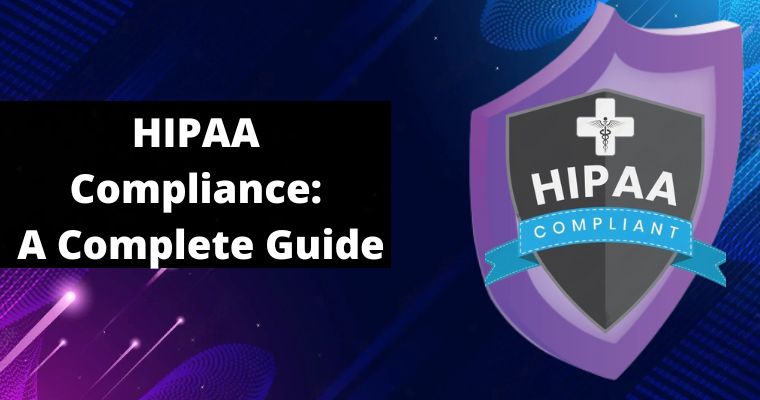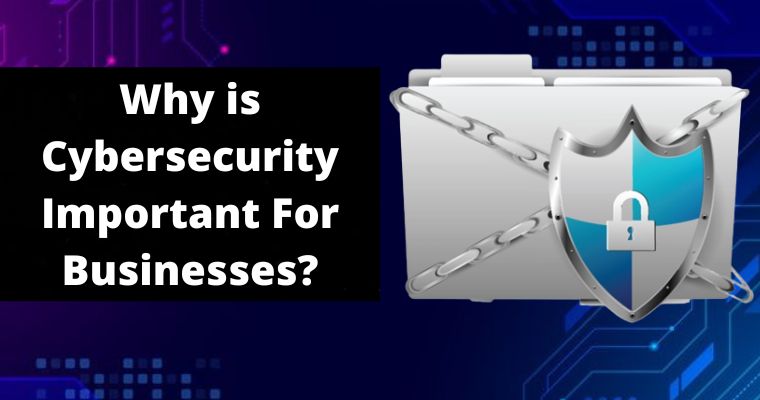Cybersecurity is a rapidly evolving field. It’s important to stay up-to-date with the latest trends and developments in this field.
And if you are looking for a job, then it’s also important to have a cybersecurity certification. It helps you get ahead of the competition by providing you with an edge over other applicants for your desired job openings.
The Short answer is yes, cybersecurity certifications are worth it. There are some good certifications that can help you when you need to protect your brand and your business from hackers.
Table of Contents
Cybersecurity Certification Courses That are Worth Considering
There are many types of cybersecurity certifications, but some of them have a better reputation than others.
The Certified Information Systems Security Professional (CISSP) is one of the top cybersecurity certifications in the world.
It is considered to be an advanced-level certification for IT professionals who want to work in security or law enforcement.
However, this does not mean that all CISSPs are qualified for their job – there are many other qualifications needed before taking on a role as a CISSP.
There are other certifications in the cybersecurity field, such as the Certified Information Security Manager (CISM) and Certified Information Systems Auditor (CISA).
They have a reputation for being part of a credible course. There are also some certifications that may help with protecting your business.
For example, if you own or manage a small business and want to become certified in cybersecurity, the Certified Cybersecurity Professional (CCP) is one certification you may want to consider.
This program uses an online learning platform. It provides you with knowledge and skills in areas such as risk management, incident response, and security operations.
There are also certifications and designations that can help people with their cybersecurity careers.
An example of a certification program, the Certified Professional in Information Assurance (CPIA) is a two-year certification that teaches professionals how to conduct risk assessments and develop security plans for different areas of their lives.
The CPIA is part of the ISC2 International Certified Information Systems Auditor (CA) program. , which is for professionals who need the skills to identify, assess, and mitigate the risk in various environments.
The CPIA certification is a program that uses an online learning platform. It provides you with knowledge and skills in areas such as risk management, incident response, and security operations.
Which Certificate is Best For Cybersecurity?
There is no single “best” cybersecurity certificate, as the ideal choice depends on your career goals, experience level, and desired specialization. However, here are some popular options categorized by experience level:
Entry-level
- CompTIA Security+: This vendor-neutral certification validates foundational cybersecurity knowledge and is a great starting point for any aspiring security professional.
Mid-level
- Certified Ethical Hacker (CEH): This certification focuses on offensive security skills like penetration testing, making it suitable for those interested in ethical hacking or vulnerability research.
- Certified Information Systems Security Professional (CISSP): This vendor-neutral cert is highly respected and covers a broad range of security topics, ideal for those seeking general cybersecurity expertise.
Advanced
- Offensive Security Certified Professional (OSCP): This hands-on cert requires practical experience and validates penetration testing skills at an expert level.
- Certified Information Systems Auditor (CISA): This ISACA-offered cert focuses on IT audit and control, making it suitable for those interested in information security governance and compliance.
Can You Get a Job with Just a Cybersecurity Certificate?
Yes, it is possible to get an entry-level cybersecurity job with just a certificate, but it’s not guaranteed.
While a degree is no longer always required, a cybersecurity certificate demonstrates your foundational knowledge and commitment to the field, making you a more competitive candidate.
Here’s a breakdown of what you need to know:
- A cybersecurity certificate can equip you with the skills needed for entry-level positions. These skills include things like network security, cryptography, incident response, and risk management.
- Some popular and well-regarded cybersecurity certifications include:
- CompTIA Security+
- Certified Ethical Hacker (CEH)
- Cisco Certified Network Associate (CCNA) Security
- Certified Information Systems Security Professional (CISSP)
- While a certificate can get you your foot in the door, experience is often just as important. Consider gaining experience through internships, volunteering, or personal projects.
- The job market for cybersecurity professionals is growing rapidly. The Bureau of Labor Statistics projects a 33% increase in employment for information security analysts from 2020 to 2030, much faster than the average for all occupations.


